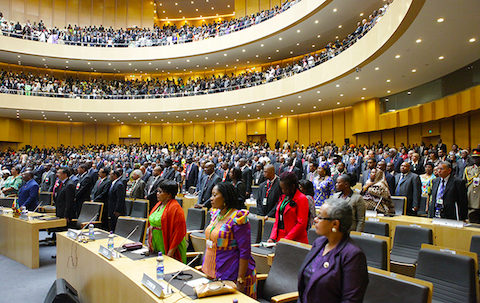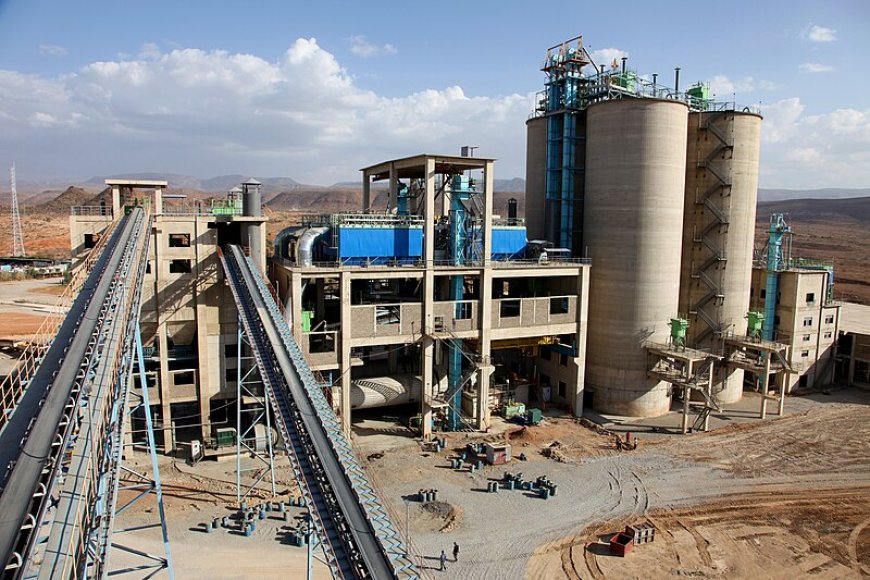Botswana Enforces 24 % Local Ownership Rule for New Mining Concessions


Quidah is an online platform that connects investors with curated opportunities and expert insights on Africa’s emerging markets, while offering businesses promotional services, partnership facilitation, and market intelligence to attract capital and grow their operations.
Industries
Botswana has rolled out a new mandate under its Mines and Minerals Act requiring mining companies to allocate 24 % ownership in new mining concessions to local investors if the government opts not to purchase the stake itself. The regulation took effect on October 1, replacing earlier provisions that allowed the state to take up to 15 % in any concession upon licensing, with further rights in diamond projects. The goal behind this move is to expand domestic participation, stimulate local value addition, and compel mining firms to fund environmental rehabilitation.
This policy shift carries weight in the context of Botswana’s position as the world’s top diamond producer by value and its rising ambitions in copper and base metals. By mandating local stakes, the government aims to deepen national benefit from mining activity while encouraging broader economic integration. Local pension funds have been flagged as potential buyers of the mandated equity, giving Botswana citizens a stake in resource ventures. The rule also signals to mining firms that proposals must now build in shared ownership, community engagement, and localized business models.
For investors, the updated framework introduces both a requirement and an opportunity. While some capital must be committed to domestic participation, the rule ensures that local ownership is built-in, reducing conflicts over equity later on. Services such as joint-venture structuring, equity financing, local partner sourcing, legal compliance, and ESG advisory are likely to see heightened demand. In addition, firms focused on processing, refining, logistics or environmental services will find that mandatory equity ownership could incentivize partners committed to long-term local development rather than short-term extraction.
Botswana’s new rule sets a precedent across Africa: resource-rich nations can assert national value capture without pushing away investors. The companies that adapt—by embedding local equity, operating transparently, and aligning with community and environmental priorities—will be best placed to thrive under this evolving approach to mineral licensing.


